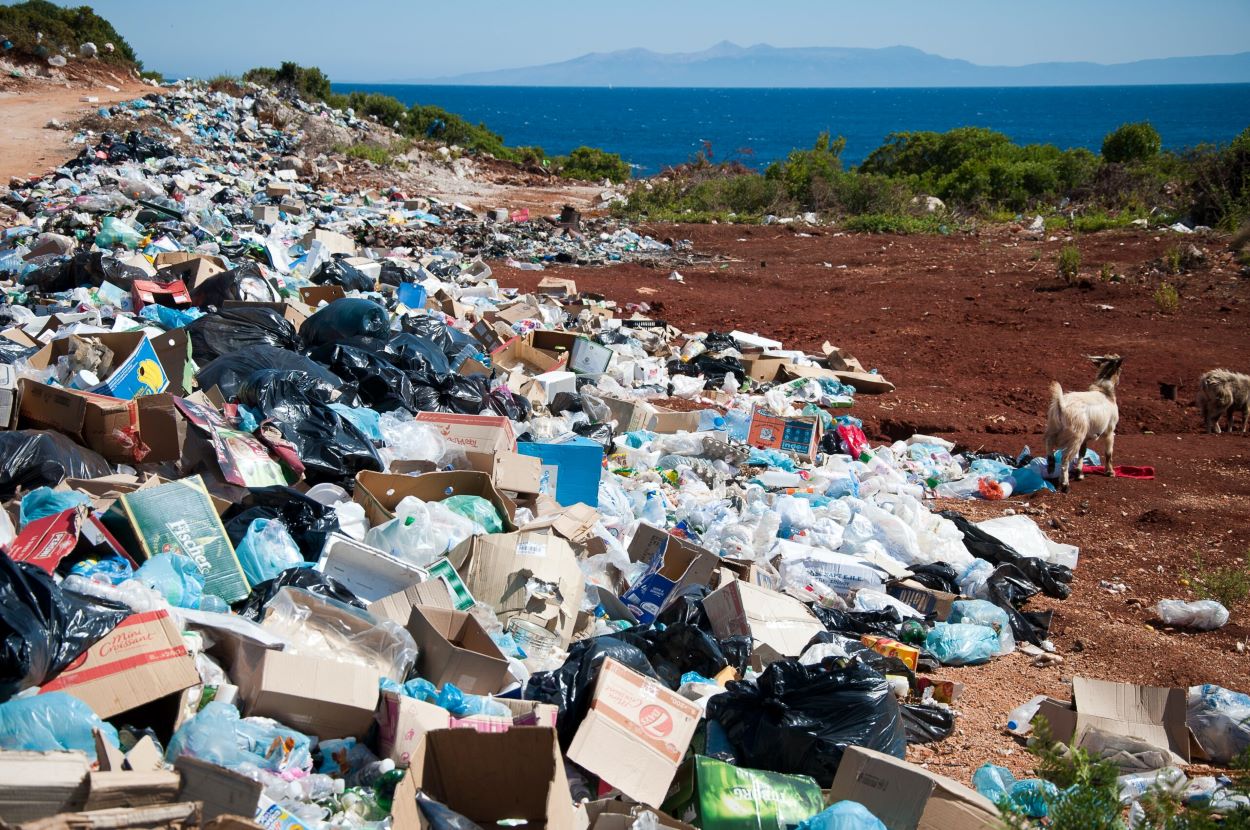
When it comes to the natural processes that help maintain the delicate balance of our planet, biodegradation is at the top of the list. It plays a crucial role in breaking down organic materials and recycling them back into the environment. From decomposing a fallen tree to the digestion of organic waste by microorganisms, biodegradation is an essential process that keeps our ecosystems functioning. But how much do we really know about it? In this article, we will explore 13 fascinating facts about biodegradation that will deepen your understanding of this remarkable process. So, let’s dive in and discover the incredible world of biodegradation!
Key Takeaways:
- Biodegradation is nature’s way of breaking down organic materials, recycling nutrients, and managing waste. It’s like a superhero cleaning up the environment and promoting new life!
- Microbes are the unsung heroes of biodegradation, using enzymes to break down complex compounds and clean up pollution. It’s like a microscopic cleanup crew working behind the scenes to keep our planet healthy!
Biodegradation is the natural process of breaking down organic substances.
Through the action of microorganisms such as bacteria and fungi, organic materials are transformed into simpler compounds over time.
It plays a crucial role in recycling nutrients in ecosystems.
By breaking down dead plants, animals, and other organic matter, biodegradation releases valuable nutrients back into the environment, promoting the growth of new life.
Biodegradation helps in waste management.
By harnessing the power of microbial degradation, biodegradable waste can be effectively processed, reducing the burden on landfills and mitigating pollution risks.
The rate of biodegradation varies depending on environmental conditions.
Factors such as temperature, moisture, oxygen availability, and the presence of specific microorganisms can greatly influence the rate at which materials break down.
Some materials can take centuries to biodegrade.
While organic materials generally biodegrade relatively quickly, certain substances like plastics can persist in the environment for hundreds of years, causing significant pollution.
Microbes play a key role in biodegradation.
Microorganisms possess enzymes that break down complex organic compounds into simpler forms that can be utilized by other organisms.
Biodegradation can be harnessed for bioremediation.
In cases of environmental pollution, specific microorganisms can be used to degrade harmful substances, effectively cleaning up contaminated sites.
Composting is a form of biodegradation.
In composting, organic waste is decomposed by microorganisms, resulting in nutrient-rich compost that can be used to enrich soil and promote plant growth.
Biodegradable plastics are a sustainable alternative.
Unlike traditional plastics, biodegradable plastics are designed to break down into harmless substances under specific conditions, reducing their impact on the environment.
Biodegradation has applications in the pharmaceutical industry.
Biodegradable drug delivery systems can be used to slowly release medications, improving treatment efficacy and reducing potential side effects.
Oil spills can undergo natural biodegradation.
In marine environments, certain bacteria can break down oil spills, minimizing their ecological impact over time.
Biodegradation can reduce greenhouse gas emissions.
By facilitating the decomposition of organic waste in landfills, biodegradation helps to prevent the release of methane, a potent greenhouse gas.
Biodegradation is a complex and interconnected process.
Multiple factors and interactions between microorganisms, enzymes, and environmental conditions determine the overall rate and efficiency of biodegradation.
Conclusion
Biodegradation is a fascinating process that plays a crucial role in maintaining the balance of our ecosystem. It is our natural ally in combating pollution and waste. Through the action of microorganisms or other biological agents, materials are broken down into simpler compounds, minimizing their impact on the environment.
From plastic degradation to the decomposition of organic matter, biodegradation offers numerous benefits and possibilities for sustainable solutions. It has paved the way for innovations in waste management, biofuel production, and environmental restoration.
As we continue to explore and understand the intricacies of biodegradation, we can develop more effective strategies to reduce our environmental footprint and create a greener future for generations to come.
FAQs
Q: What is biodegradation?
A: Biodegradation is the natural process by which materials are broken down into simpler compounds by microorganisms or other biological agents.
Q: What is the significance of biodegradation?
A: Biodegradation is vital for maintaining a healthy ecosystem as it helps break down waste and pollutants, reducing their impact on the environment.
Q: How long does biodegradation take?
A: The time taken for biodegradation varies depending on the material and environmental conditions. Some substances can biodegrade within weeks, while others may take years.
Q: Can all materials biodegrade?
A: Not all materials can easily biodegrade. Some synthetic materials like plastic can take hundreds of years to break down, causing significant environmental issues.
Q: How can biodegradation be encouraged?
A: To encourage biodegradation, it is important to use biodegradable materials, support composting initiatives, and minimize the use of non-biodegradable substances.
Q: Are there any drawbacks to biodegradation?
A: While biodegradation is generally beneficial, certain substances can release harmful byproducts during the process. It is important to consider the potential environmental impact before using certain materials.
Biodegradation's fascinating facts barely scratch the surface of nature's incredible processes. Microbes' metabolic marvels, sustainable chemistry's innovative solutions, and tissue engineering's unbelievable advancements await your exploration. Satisfy your curiosity about microbial metabolism's captivating intricacies. Discover how sustainable chemistry revolutionizes industries with eco-friendly practices. Prepare to be amazed by tissue engineering's potential to transform healthcare. Continue your journey into the awe-inspiring world of science with these thought-provoking articles.
Was this page helpful?
Our commitment to delivering trustworthy and engaging content is at the heart of what we do. Each fact on our site is contributed by real users like you, bringing a wealth of diverse insights and information. To ensure the highest standards of accuracy and reliability, our dedicated editors meticulously review each submission. This process guarantees that the facts we share are not only fascinating but also credible. Trust in our commitment to quality and authenticity as you explore and learn with us.
